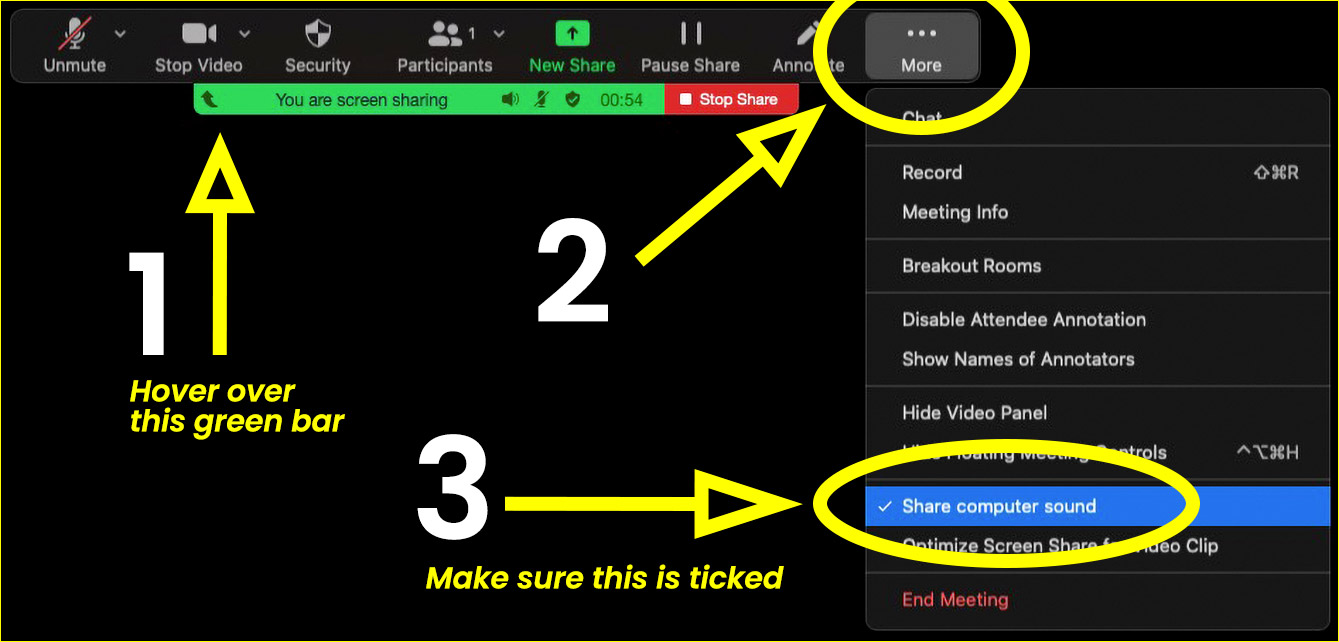Using games to better your business results is fast becoming an accepted practice and powerful tool.
As a company that uses games to deliver unique experiences, it is exciting to see the benefits of gamification in work place first hand.
What is the history of games in the workplace?
In 1999 the US Army made headlines through its new use of a ‘virtual Army experience’ to attract and screen new recruits. What has followed has been a raft of examples from large and small companies alike that have pushed the boundaries of using gamification to transform aspects of their business.
The World Bank created an online game, ‘Evoke’ that they describe as a ‘crash course to change the world’ which has engaged a new demographic of young customers.
Deloitte turned its poorly attended leadership training model into a game that included ‘level ups’, ‘unlocking harder courses’ and initiation into the ‘Leadership Academy’ that became highly addictive.
As a company that is built on the foundations of game based learning and engagement these examples are no surprise to us. At Directors of the Extraordinary we spend hours each week watching corporate teams break through negative teamwork patterns when they are drawn into a unique experience and their different skills are on show. These on and offsite simulations are gaming in its most pure form. Under pressure with a time-constrained objective, teams are forced to work together to overcome a challenge, with the competition proving an effective motivating factor.
As the World Bank and Deloitte have showcased, almost anything can be a game. There are now platforms that can turn office chores, answering emails or project management into personalised gaming within your team.
Gaming is indeed becoming serious business. If you’re not already thinking about using gaming in your team building, customer engagement and product delivery methods, you should be. Check out some of our Team Building games that you could try in your workplace.

